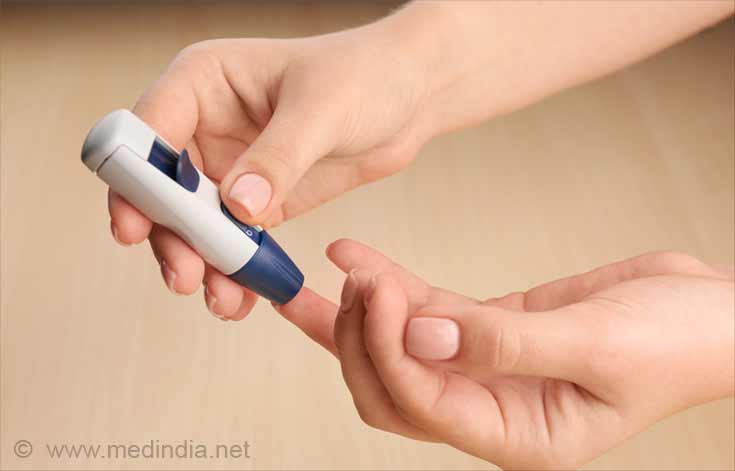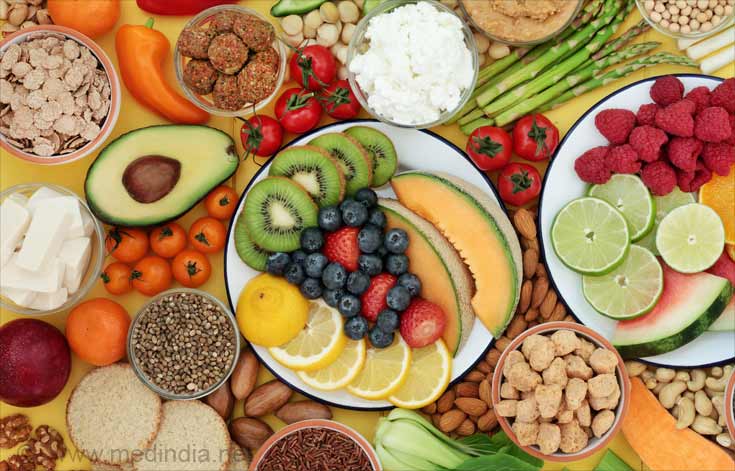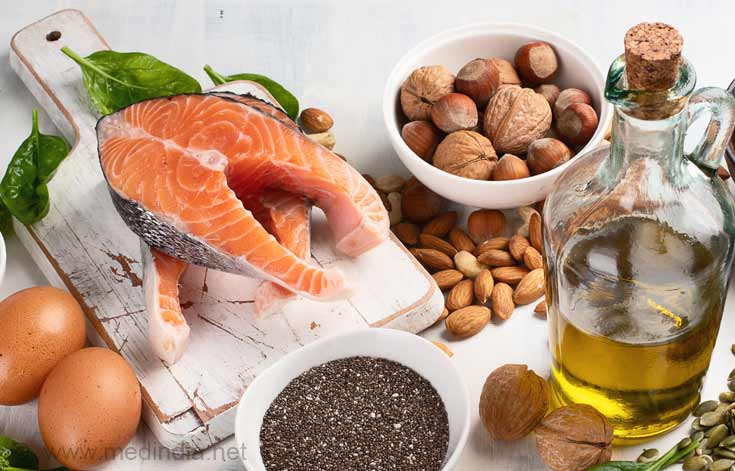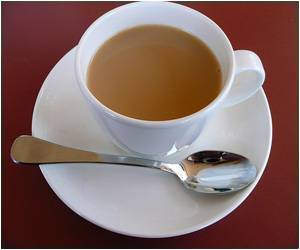- Top 10 Ways to Avoid a Heart Attack - (http://health.howstuffworks.com/diseases-conditions/cardiovascular/heart/10-ways-to-avoid-heart-attack.htm)
- How to Prevent Heart Disease - (http://www.wikihow.com/prevent-heart-disease)
About
Heart Attack occurs when the flow of oxygenated blood to heart muscles is hindered or stopped due to built-up of plaques in coronary arteries. Plaques are waxy substances that built-up over a period of time by the deposit of fat and cholesterol in the blood vessels. This would cause the blood vessel to gradually narrow down in its diameter causing reduced flow of blood to the heart. This is called atherosclerosis. When the flow of blood stops or gets hindered severely, then it is called as Myocardial Infarction or Heart Attack. Given below are tips to prevent a Heart attack.

Tips for Heart Attack Prevention
1. Follow Healthy Diet:
Heart attacks could be prevented by dietary modifications and lifestyle changes. Go for healthy food to prevent high cholesterol, diabetes and hypertension. Eat more vegetables and fruits and food containing fibers and complex carbohydrates such as oats and barley. Avoid high calorie fatty and sugary food such as Samosas, Jalebis, Puffs, Pastries, Burgers, Pizzas, Doughnuts, Colas, and other Fried or sweet food. Try to eat Mediterranean food that is high in fiber content and low in fat. Do not skip your breakfast at any cost.

2.Quit Smoking:
Cigarette produces carbon monoxide (CO). Smoking makes you inhale CO instead of oxygen. The CO, instead of oxygen, is then carried to and from your heart by your red blood cells. This poisons the red blood cells and keeps them away from carrying oxygen thus causing insufficient oxygen supply (hypoxia) to your heart.

3.Reduce Your Stress:
Stress is a major risk factor for a cardiac event. Poorly controlled stress has severe negative impact on lipid metabolism and can cause chronic atherosclerosis. Manage your tasks in a planned way to reduce your stress. Devote some time for yourself to manage stress. Practice Relaxation methods such as Meditation, Yoga and Pranayama and Breathing Exercises.
4. Exercise Regularly:
Regular exercising would improve metabolism and burn your fats, thereby reducing the chances of atherosclerosis and heart attacks.Practice a routine exercise or go for swimming or play games such as tennis, badminton or Frisbee or at-least go for a 30-minute brisk walk with your pet doggie.

5. Sleep Adequately:
Too less or too much sleep can cause coronary heart disease and heart attacks. Research shows that people who sleep less than 5 hours or more than 10 hours are, on an average, 40% more likely to get a heart disease than those who sleep at an average of 8 hours.

6. Maintain Your Weight:
Obesity, especially abdominal fat, is an important risk factor for cardiovascular disease. Sedentary lifestyle without adequate physical activity may lead to obesity and unhealthy living.
7. Reduce Your Cholesterol:
If you were diagnosed with High Cholesterol, you need to strictly follow the dietary restrictions on all kinds of fatty or sugary food. Whole grain breakfast with beaten brown-rice (Lal-Poha), Broken Wheat (Dalia), Oatmeal, Black Gram or Whole wheat bread has been proven beneficial in managing cholesterol levels.
8. Reduce your Sugar:
Control your sugar levels if you are diabetic. Diabetes can cause Coronary Heart Diseases and Heart Failure (Diabetic Cardiomyopathy). Follow strict dietary regime with low fat and low carbohydrate food, and food rich on complex carbohydrates and fibers. Avoid fatty or sugary food. Avoid fruits like Banana, Mango, Jackfruit, Strawberry and Sapota (Chickoo) (). Try to chew and swallow 3 teaspoons of Fenugreek seeds soaked overnight in drinking water, along with the water. This is beneficial in managing your sugar as well as cholesterol.

9. Reduce Your Hypertension:
Blood pressure is the measurement of the force of the blood against the walls of blood vessels. When blood pressure is measured, there are two readings -- systolic and diastolic pressure. The systolic pressure refers to the pressure when your heart is expanded, and the diastolic reading is when your heart is at rest. Reduce your Salt intake to manage your Blood Pressure. High blood pressure may cause damage to the heart muscles.

10. Try to include Herbs, Fruits and Healthy Spices:
Several herbs and nutritional supplements are rich in anti-oxidants and dietary fibers. Try to include Blueberry, Bilberry, Turmeric, Fenugreek, Cinnamon, Ginger, Guggul, Ginkgo, Garlic, Spring Onions, Soya and Parsley in your diet.

11. Boost your intake of Omega-3 fatty acids:
Omega-3 fatty acids provide protection from heart diseases and is found in foods such as salmon and mackerel; flaxseeds, walnuts, almonds and canola oil.














